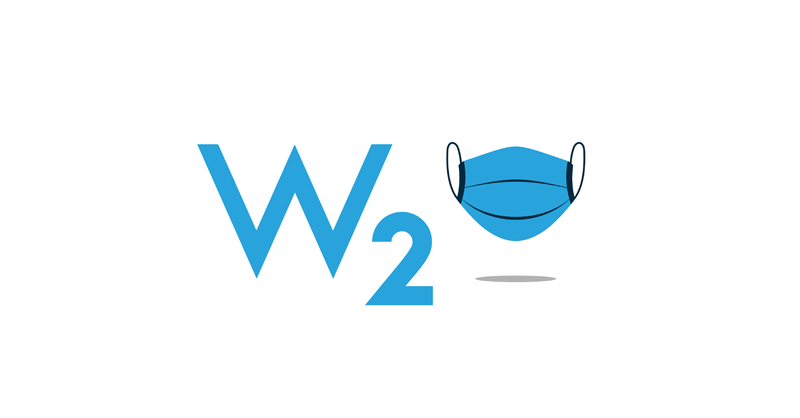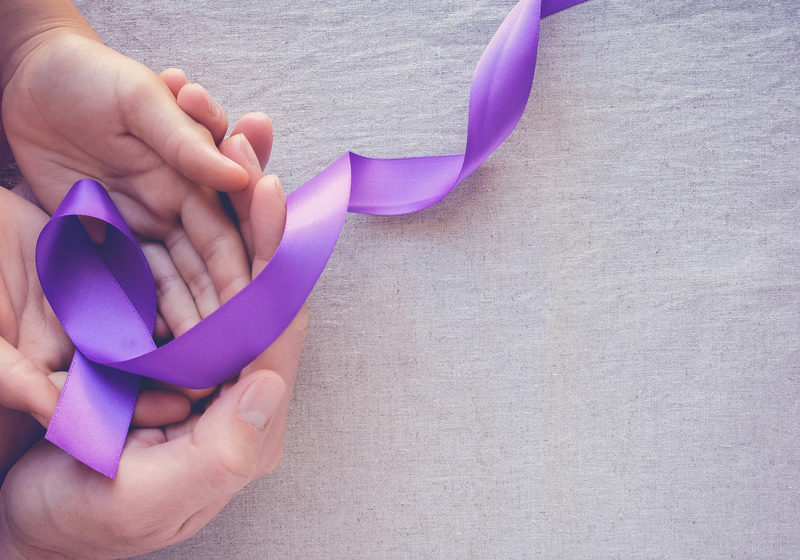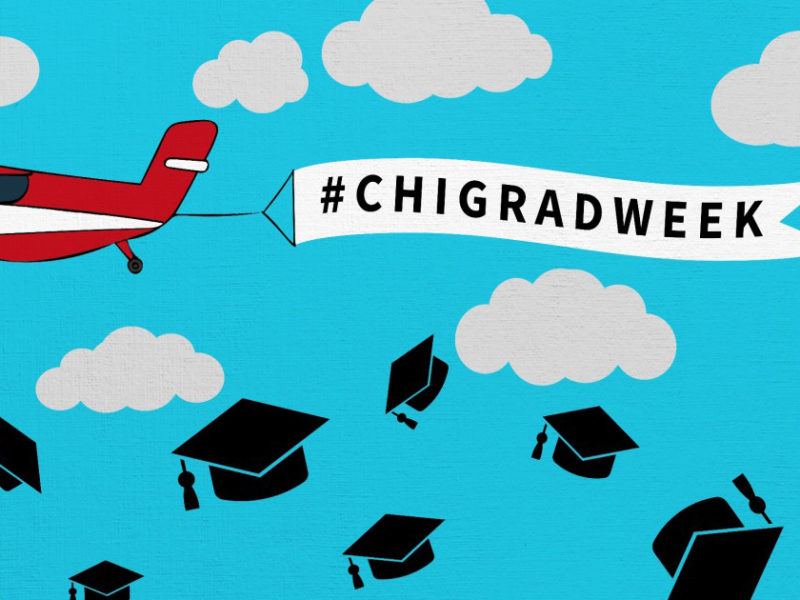
El Valor is Keeping Families Afloat with Support from the Chicago Community COVID-19 Response Fund
When coronavirus came to Chicago, it swept across the region fast. And El Valor reacted to address the crisis just as quickly.
El Valor is an organization on Chicago’s West Side that provides services to a range of individuals, particularly families with children under five and adults with disabilities, throughout the Chicago area. They offer everything from early childhood education in both English and Spanish to full-service housing with round-the-clock care to underprivileged and undocumented families. Even right now during the COVID-19 outbreak, their staff works around the clock to support adults in group homes throughout Chicago.
And the current crisis has put a heavy strain on their resources. They are currently distributing 95 percent of their funds, only reserving 5 percent to keep the lights on. A direct infusion of funding from the Chicago Community COVID-19 Response Fund—established by The Chicago Community Trust and the United Way of Metro Chicago—has allowed them to continue providing vital services during these tumultuous times.
We reached out to Jillian Gonzalez, the Senior Vice President of El Valor, to explore how their work has changed during the coronavirus crisis, how the support from the Chicago Community COVID-19 Response Fund has been vital to their work, and why their mission matters now more than ever.
Chicago Ideas (CI): It seems like you all have had to adapt to the current crisis a bit. What are you all doing in response to COVID-19?
Jillian Gonzalez (JG): A big need that we’ve seen with our families is access to diapers, formula, wipes, and groceries. And that’s where the grant money has made a huge difference for us. I mean, the ability to give our families actual dollars to go buy the diapers, the formula, the groceries they need, to ensure that they can pay their rent—that’s been extremely critical.
The other piece is that we are still providing 24-hour support to our disabled adults and all of our families who have disabled adults at home with them. This money has gone to make sure they can still pay for medication. Many of our families have lost employment during this time. We actually have several families that have a disabled child and one of the parents is currently in the hospital with COVID-19 in critical condition, and because of that, the families have lost access to income and to insurance.
CI: Beyond some of this immediate fallout, what are some of the other challenges you’re addressing?
JG: Our families are all low-income. While many are still going to work, they’ve had their hours cut and because of that they’re exposed pretty often in society. They don’t necessarily have the option to self quarantine even though they have a loved one at home with a disability. And then on top of that, it is a challenge to self quarantine, to pay for medication, pay for food, pay for utilities.
When our families are with us in our education programs, we provide the diapers, we provide the food for them, we make sure that the children get breakfast, two snacks, and lunch. And so now, for parents who have their children at home, providing diapers all day, providing formula all day, providing food all day—it is really strapping these families.
CI: So what has been the hardest part for you during this as the leader of this organization. What has been the biggest challenge for you?
JG: We serve the most vulnerable people in the area. We serve extremely low-income, sometimes undocumented families with young children. We serve disabled adults and their families. And many of our families are only Spanish speaking, so access to services is limited.
So the biggest challenge for El Valor is knowing that, though we serve such a vulnerable population, we feel kind of handcuffed as to how we can help them more. Before COVID, we could make sure that the kids and adults were coming to us every day. We made sure they were fed. We knew if they needed shoes or a coat. Now we’re calling them, but it’s not the same.
CI: Has it been hard to confront that day in, day out?
JG: It’s been really challenging, especially because we’re still actively providing direct care services to disabled adults. The information changes daily and all of our people with disabilities fall into some type of vulnerable category.
Several individuals that we serve have asthma, they almost all have diabetes, a lot of them are obese. It’s making sure that we’re keeping them safe in these group homes, and then making sure that the staff are safe. We employ people and ask them to go in every day to take care of a vulnerable population that can’t always communicate that they’re sick. That is hard.
CI: Why was the funding from the Chicago Community COVID-19 Response Fund so crucial?
JG: The need is right here, right now. Families are in need of groceries right now. They’re concerned about how they’re going to pay for the next prescription right now.
The Fund getting the money out so quickly, allowing us to distribute the money so quickly, really shows that the need will still be here in a few months—but a few months might be too late for some of these families. Not having access to groceries for 30 days can mean life or death for someone.




